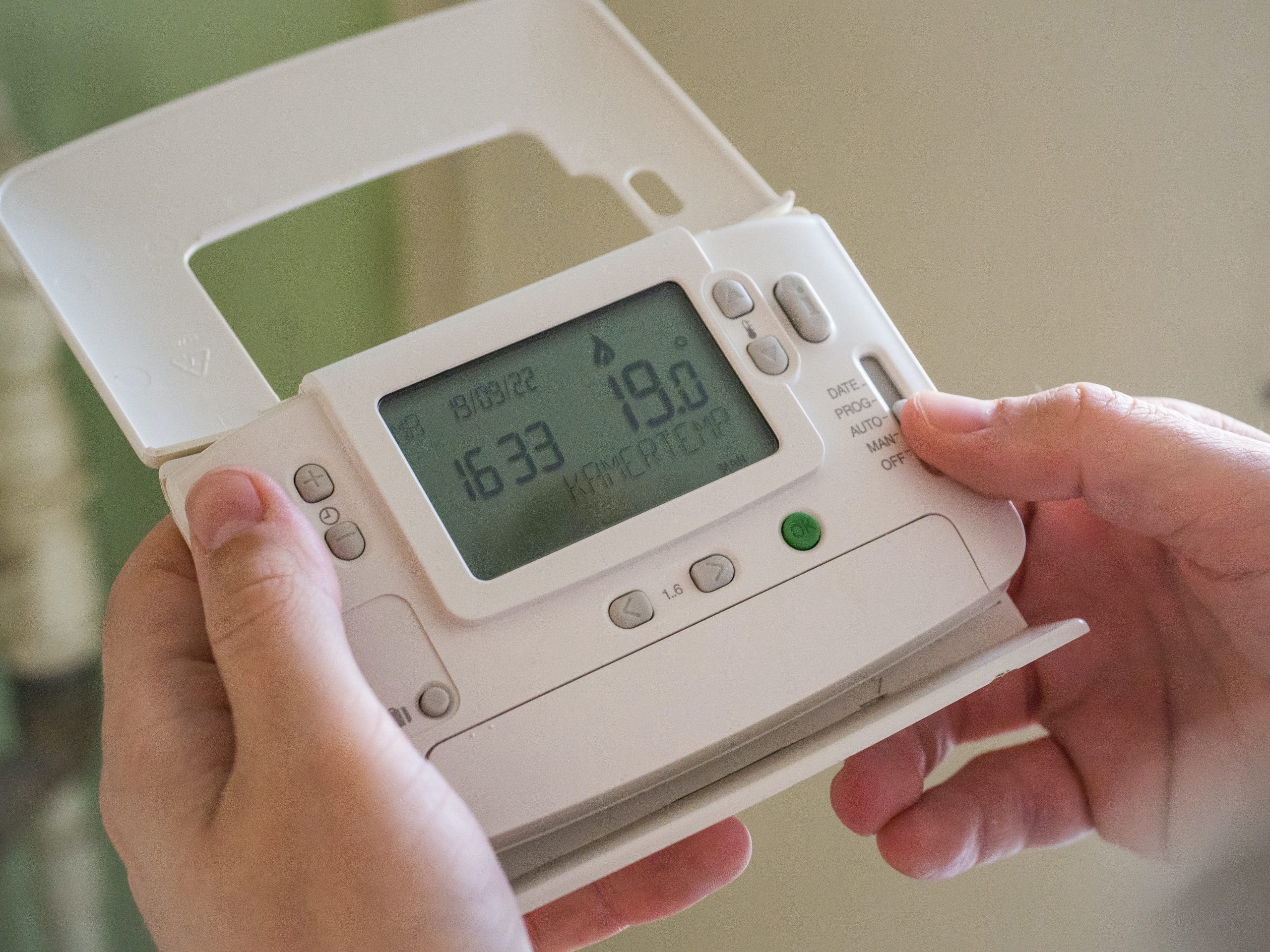
Common questions about energy bills answered
Common questions about energy bills answered.
Since the rise in energy costs and changes in government support over the last year, many people have questions about their energy bills. Here are some answers to the most common questions, hopefully giving you peace of mind.
Why are energy costs so high?
Following the pandemic and the start of the Ukraine war, a supply shortage has pushed up gas prices. As a result, electricity prices are high because they link to gas prices. Currently, 40% of our energy comes from renewable sources such as wind farms, which is combined with gas-generated electricity, so this is still tied up to the gas price.
Why is my standing charge higher?
Everyone has a fixed daily amount they pay their energy supplier regardless of how much they use. This fee covers your suppliers’ costs, such as maintaining the network, connecting the energy to your property and undertaking meter readings. The Energy Price Guarantee doesn’t cover this fee, and Ofgem sets the limit of what your provider can charge, and it can vary. Some suppliers are increasing this charge.
Are wholesale prices falling?
Recently the wholesale price of gas has fallen. This is because the demand for heating is slightly lower, and countries have been increasing the amount of gas storage with liquified natural gas, reducing dependence on Russian gas. As a result, wholesale gas is now in line with prices before the invasion of Ukraine, but still higher than two years ago. If the demand reduction continues, prices will fall further and become more stable.
Will the energy costs change in April?
The Energy Price Guarantee has been extended until March 2024, helping to reduce the amount people need to pay. However, the £400 payment to help with energy bills in the winter will end, but vulnerable people will receive a cost-of-living payment in the spring.
How can I reduce my bills?
We can all make many small changes to reduce our energy costs. This includes turning electrical items off so they aren’t on standby, turning lights off, reducing the flow temperature of your boiler, using draft excluders, reducing how often you turn on your hot water, taking shorter showers, and heating yourself rather than heating the home.
Good ventilation is also essential to avoid any mould – so don’t block any wall vents, trickle vents or grilles, and if you have mildew or dampness, you need to find out where this is coming from. Check draughts and ensure that you do this before fitting any draft proofing, or you could worsen the problem.
What help is available if I can’t pay my bills
If you can’t pay your energy bills, talk to Citizens Advice, who can advise you on whether you can get additional support through grants or benefits. If you owe money to your supplier, talk to them to find a solution.
I use oil for central heating and hot water. What help is available?
You still qualify for the £400 winter payment if you have an electricity supply. If you can’t afford to buy oil, you could apply for extra financial help. Talk to Citizens Advice.
I haven’t received the £400 discount.
The payment should be made in instalments of £66 in October and November and £67 in December 2022. You’ll also get £67 in January, February and March 2023. How you receive the support will depend on how you pay for your electricity, and there are some differences between suppliers. For example, if you pay by direct debit, it may have been paid directly to the supplier, or you may receive it directly. It should have been credited to your meter if you have a smart metre and prepay for electricity. If you top up using a key or card, you should have received a voucher by email, text or post.
